Lead - AI-powered scientific insight
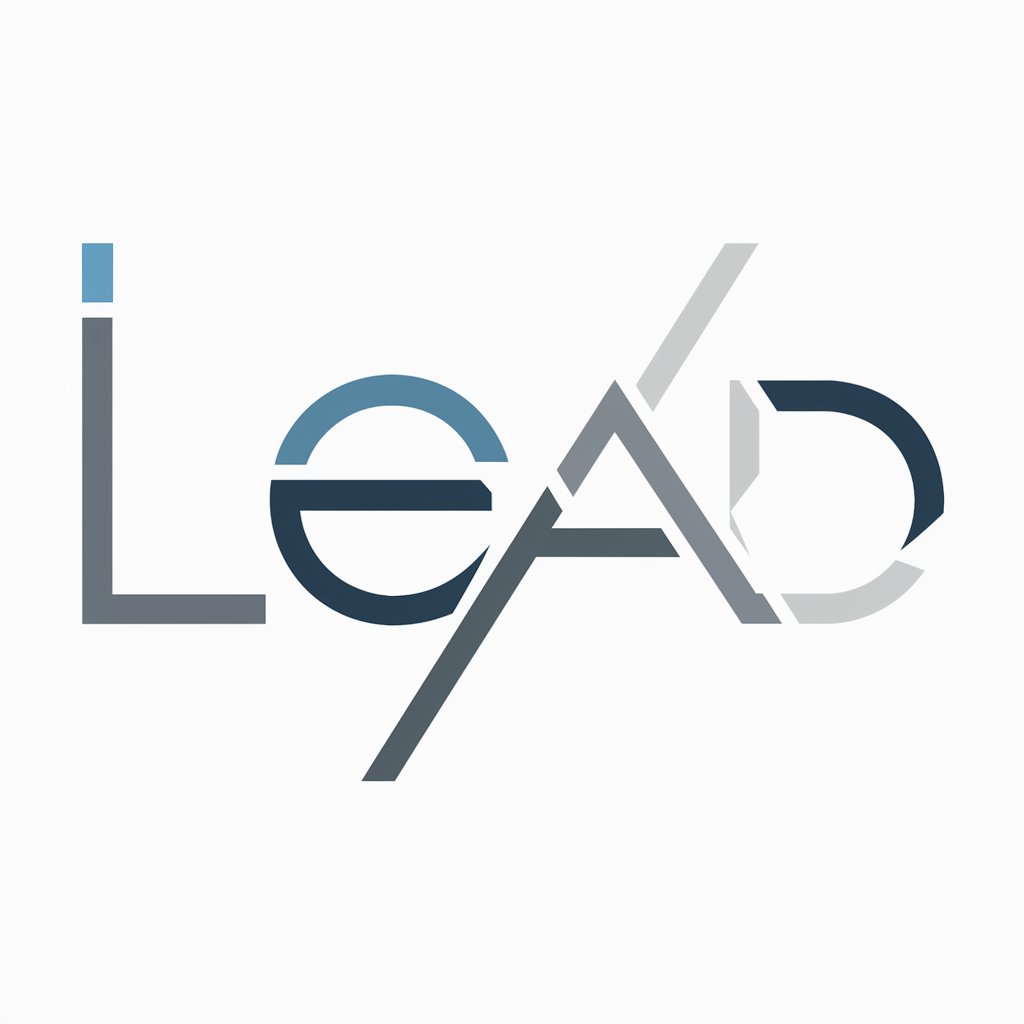
Welcome! Let's dive into the world of lead.
Unlock knowledge with AI-driven precision
Can you explain the properties of lead in detail?
What are the most common uses of lead?
How does lead exposure affect human health?
Can you describe the environmental impact of lead?
Get Embed Code
Introduction to Lead
Lead is a highly versatile and informative GPT designed to specialize in providing detailed, scientific, and accurate information about the element lead (Pb). It is built to cater to a wide range of inquiries related to lead's properties, uses, and health implications. The design purpose of Lead is to serve as a comprehensive resource for understanding lead in various contexts, from industrial applications to environmental health. For example, when a user queries about the use of lead in batteries, Lead can elucidate on the chemical properties that make lead an excellent choice for storage batteries, detailing the electrochemical reactions involved in lead-acid batteries and their significance in automotive and backup power applications. Powered by ChatGPT-4o。

Main Functions of Lead
Scientific Explanation of Lead Properties
Example
Lead's atomic number is 82, and it is known for its high density, malleability, and resistance to corrosion. These properties make it useful in a variety of applications.
Scenario
A student researching for a chemistry project on heavy metals will find detailed explanations on lead's physical and chemical properties, including its electron configuration, reactivity, and occurrence in nature.
Overview of Lead Applications
Example
Lead is used in batteries, ammunition, metal alloys, and radiation shielding.
Scenario
An engineer looking for materials for radiation shielding in medical imaging equipment would learn about lead's effectiveness in blocking X-rays and gamma rays, including the principles behind its use and safety measures.
Health and Environmental Impact Analysis
Example
Exposure to lead can cause neurological damage, cardiovascular issues, and developmental delays in children.
Scenario
Public health officials designing campaigns to reduce lead exposure in communities will receive comprehensive information on lead's health risks, sources of exposure, and preventive strategies.
Ideal Users of Lead Services
Students and Educators
This group benefits from using Lead by obtaining detailed, scientifically accurate information on lead for educational purposes, ranging from high school projects to university-level research.
Industry Professionals
Professionals in fields such as manufacturing, environmental science, and health and safety can utilize Lead to make informed decisions about the use of lead in products, compliance with safety regulations, and implementing measures to mitigate environmental and health impacts.
Public Health Officials and Environmentalists
This group uses Lead to understand the implications of lead on health and the environment, helping to design effective policies, awareness campaigns, and remediation strategies to address lead contamination and exposure risks.

Guidelines for Using Lead
Start Your Journey
Begin by exploring yeschat.ai for an initial trial, offering seamless access without the need for a login or subscription to ChatGPT Plus.
Identify Your Needs
Determine the specific task or question you need assistance with, such as academic research, data analysis, or creative writing, to tailor the tool's functionality to your requirements.
Engage with Lead
Utilize the Lead interface to input your queries or tasks. Be clear and precise in your requests to ensure the best possible guidance and results.
Review Responses
Carefully review the information or output provided by Lead. Utilize the tool's ability to generate follow-up questions or refine your query for more detailed insights.
Apply Insights
Apply the insights gained from Lead to your work or research, using the detailed information and guidance to enhance your project's quality and depth.
Try other advanced and practical GPTs
Prime Game
Elevate math fun with AI-powered prime challenges.
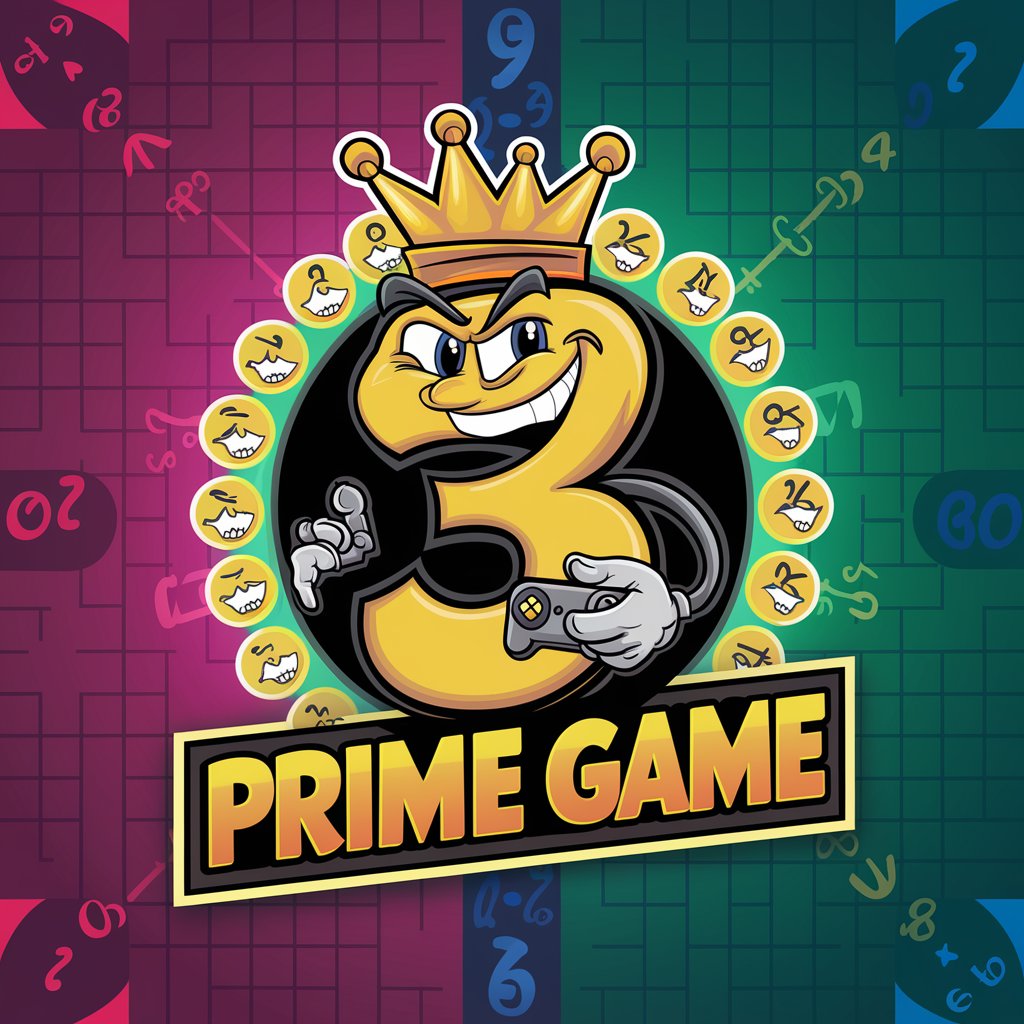
PMO Assistant
AI-powered project management insights
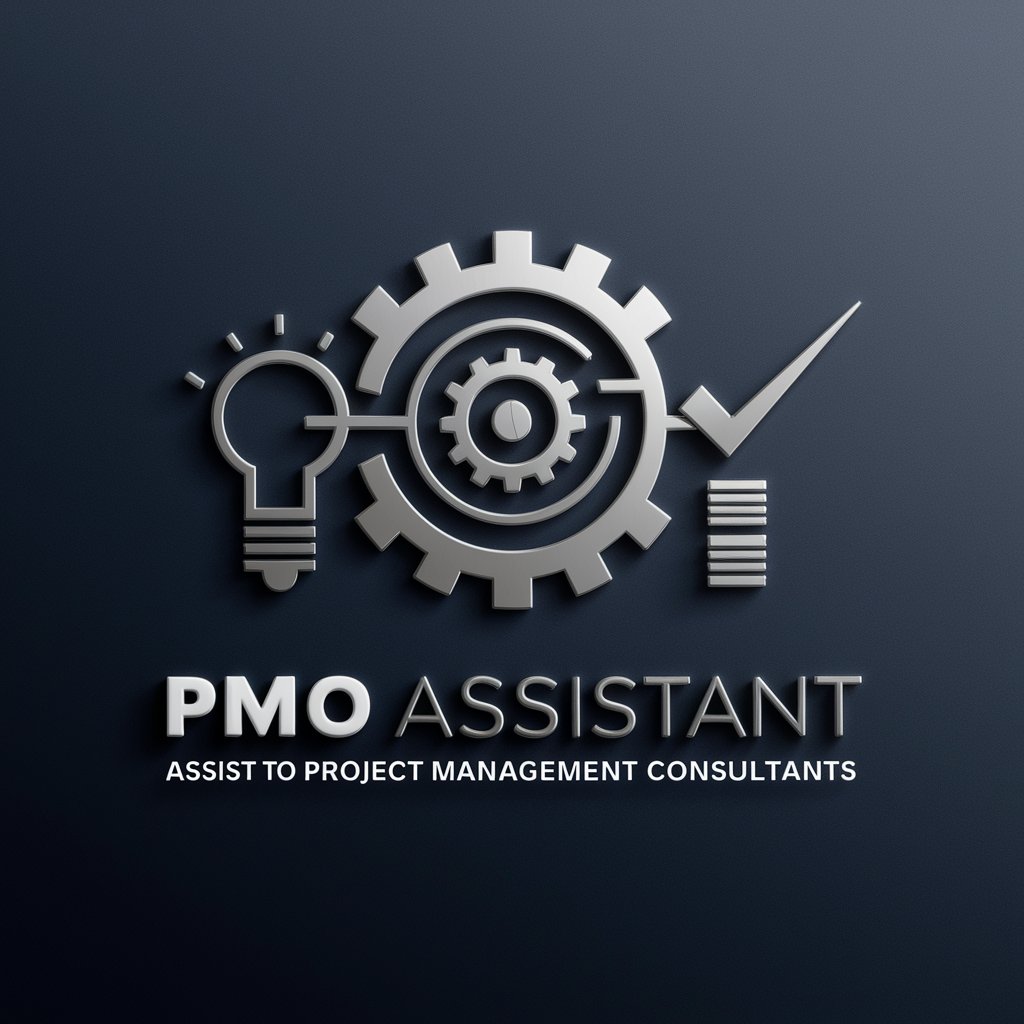
SEO Content Writer - eCommerce
AI-powered SEO content generation
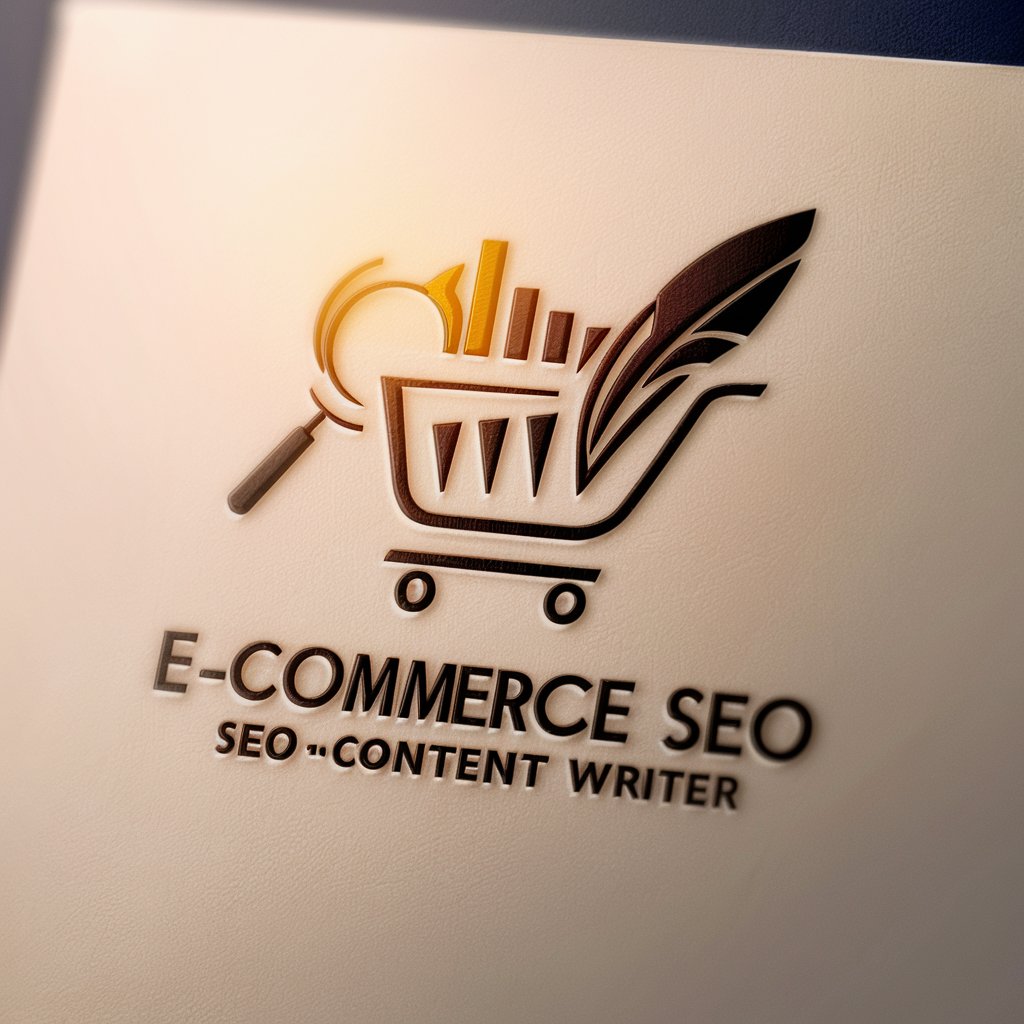
AI Term Extractor
Unlocking Knowledge with AI-Powered Term Extraction
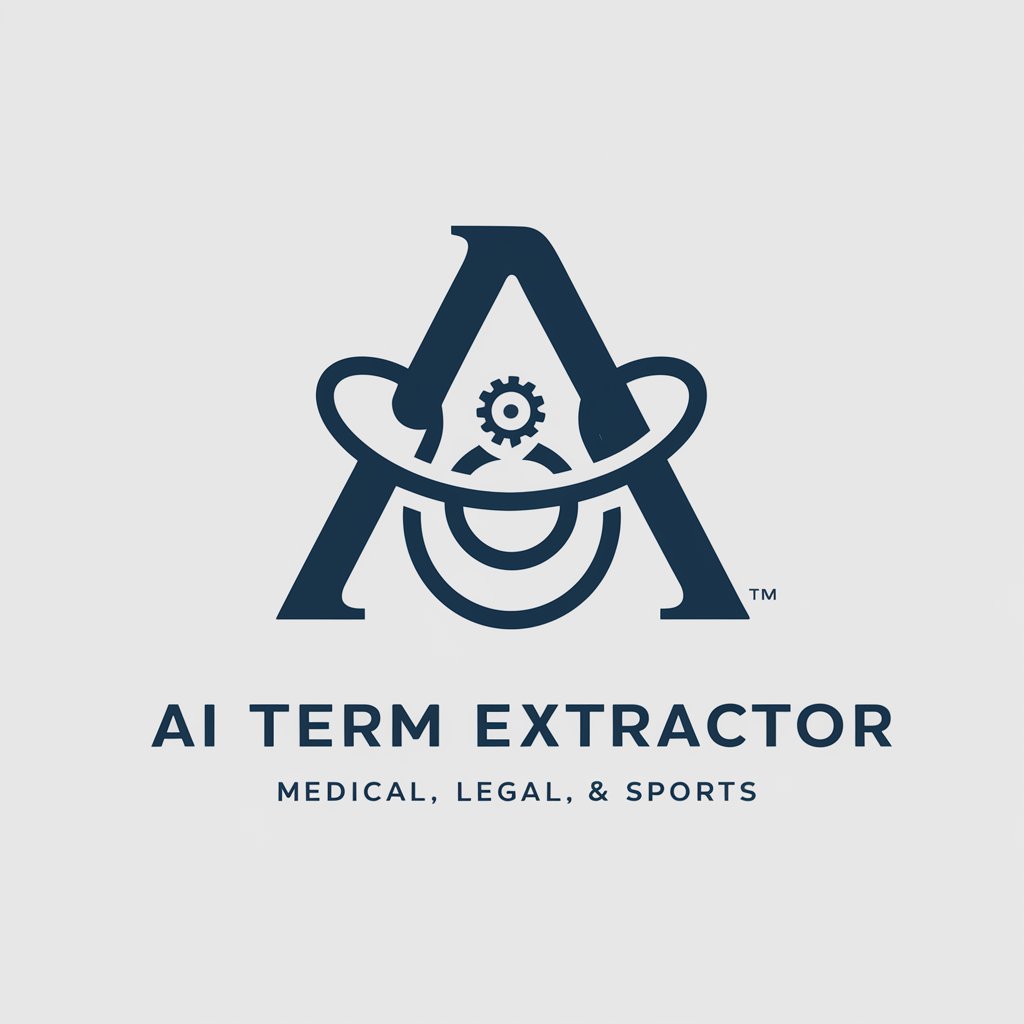
College Navigator
AI-powered College Discovery

Grocery Guide
Smart AI-Powered Grocery Shopping Assistant

Renters Union
Empowering Renters with AI-driven Guidance

Trivia Master
Expand Your Horizons, Challenge Your Mind
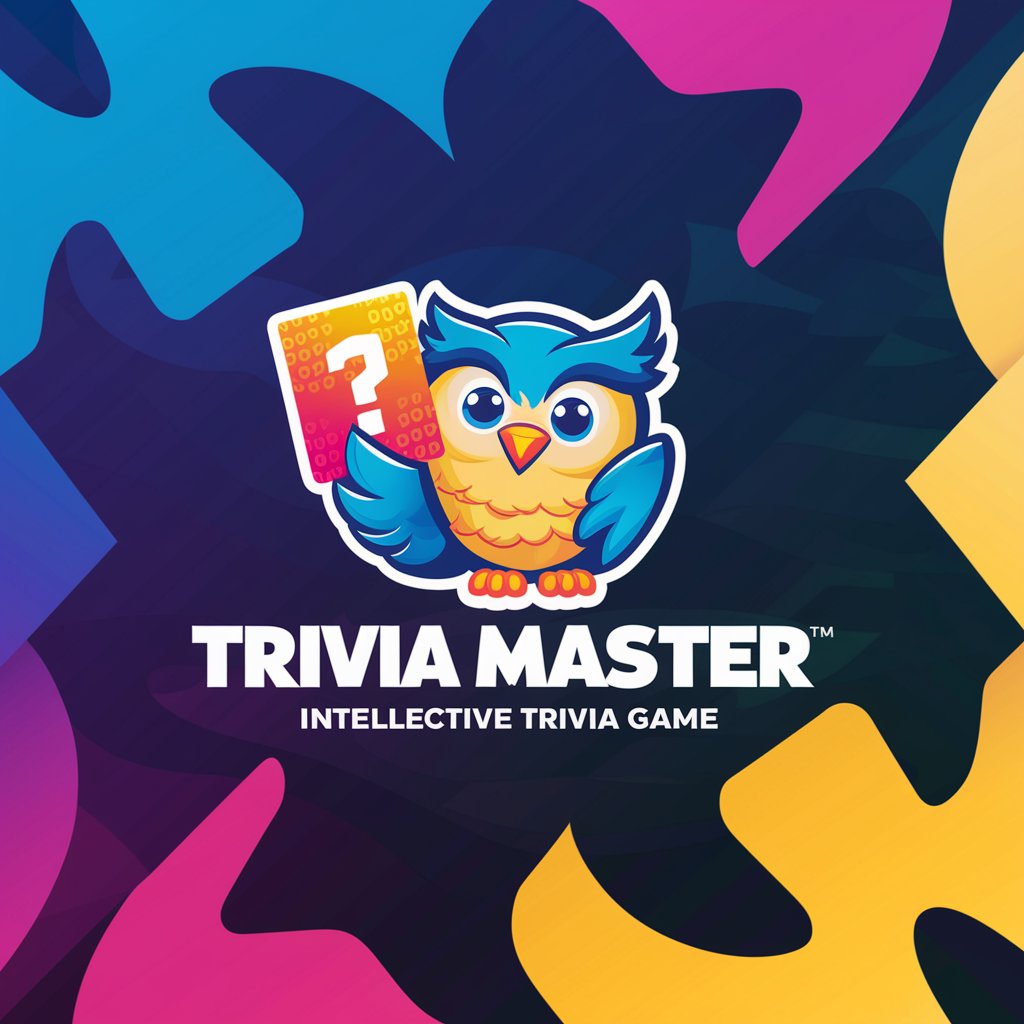
Inventor GPT
Unleash Creativity with AI-powered Innovation
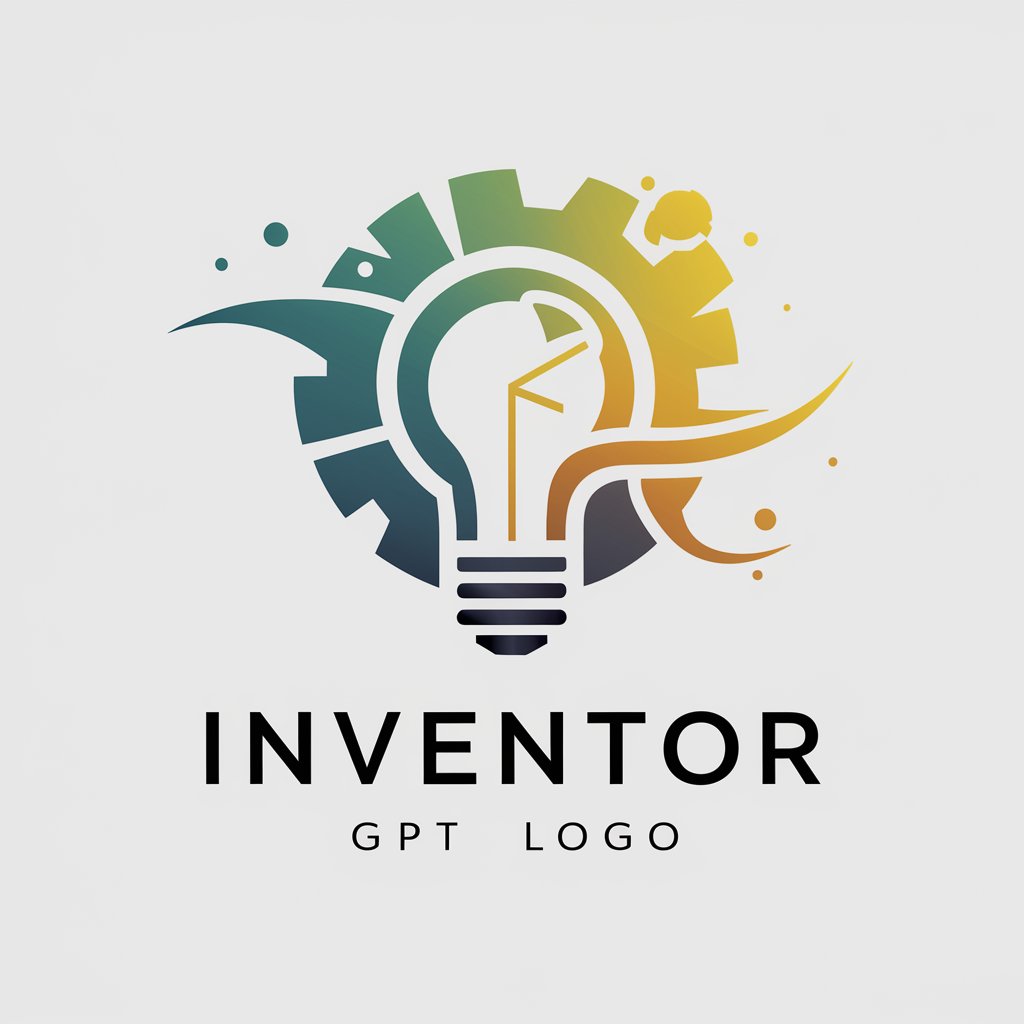
Innovative Muse
Unleash Creativity with AI

Avada Expert
Elevate Your WordPress Site with AI-Powered Avada Support

Developer Assistant
Empowering Developers with AI

In-Depth Q&A about Lead
What makes Lead unique in handling scientific information?
Lead specializes in providing accurate, up-to-date scientific data and explanations. Its unique algorithm is trained on a vast repository of scientific literature, enabling it to offer detailed insights and answers to complex scientific queries.
Can Lead assist in academic research?
Absolutely. Lead is adept at assisting with academic research by offering comprehensive reviews of literature, data analysis, and summarization of complex topics, thereby facilitating deeper understanding and insights for researchers and students alike.
How does Lead ensure the accuracy of its information?
Lead employs advanced verification processes and updates its database regularly with the latest scientific research and data. This ensures that the information provided is both current and accurate.
Can Lead help with creative writing projects?
Yes, Lead can support creative writing by offering suggestions for plot development, character creation, and even providing feedback on drafts. It leverages a vast database of literary devices and structures to inspire and refine creative works.
Is Lead suitable for professional use in industries?
Lead is highly versatile and can be applied across various industries for tasks such as market analysis, product research, and technical documentation. Its ability to process and analyze large volumes of data makes it an invaluable tool for professionals seeking data-driven insights.
